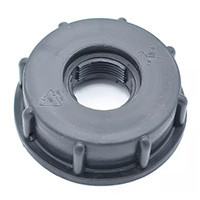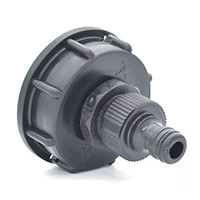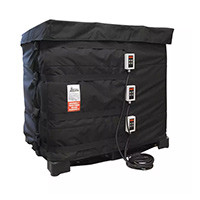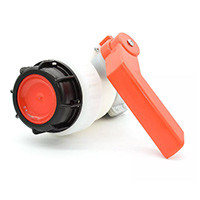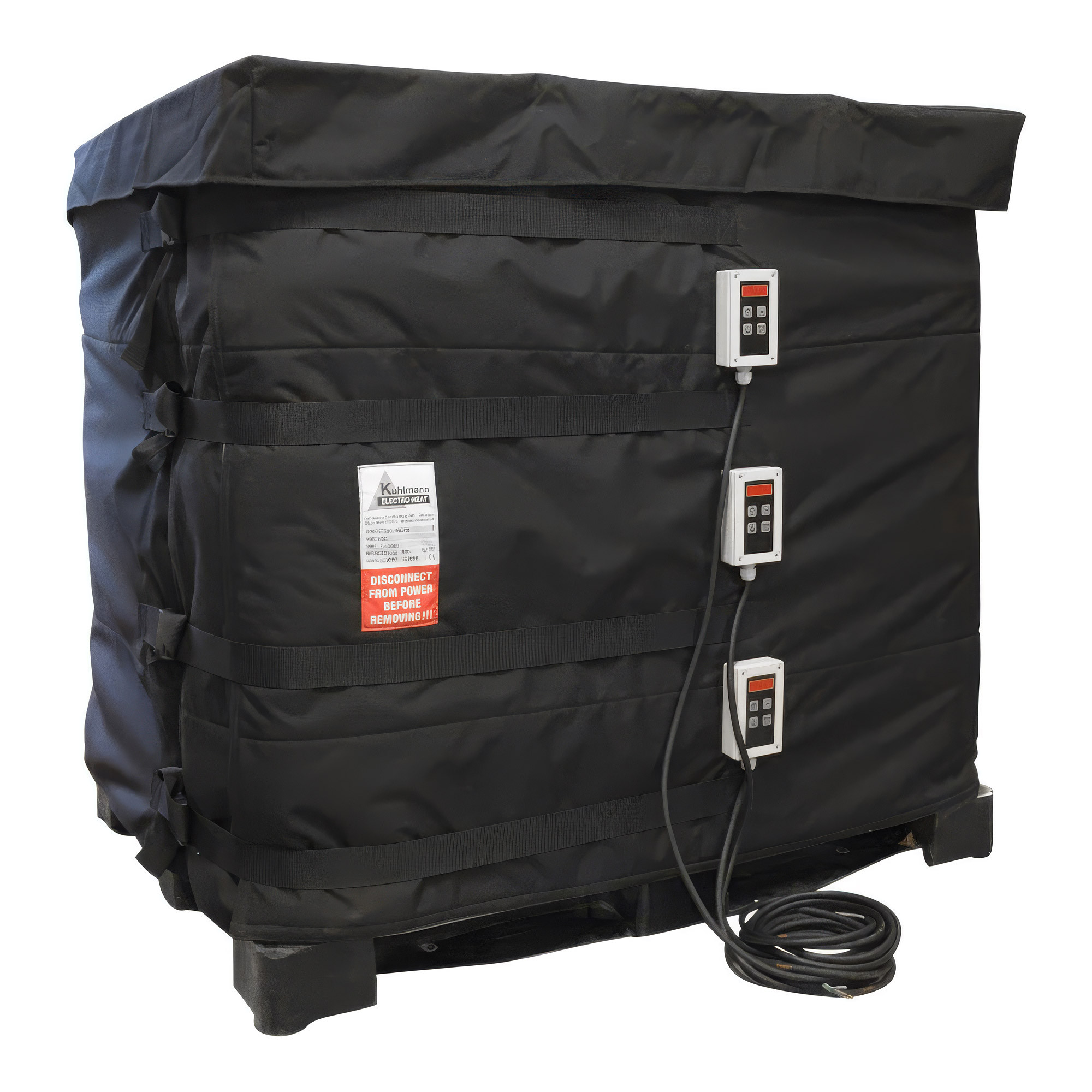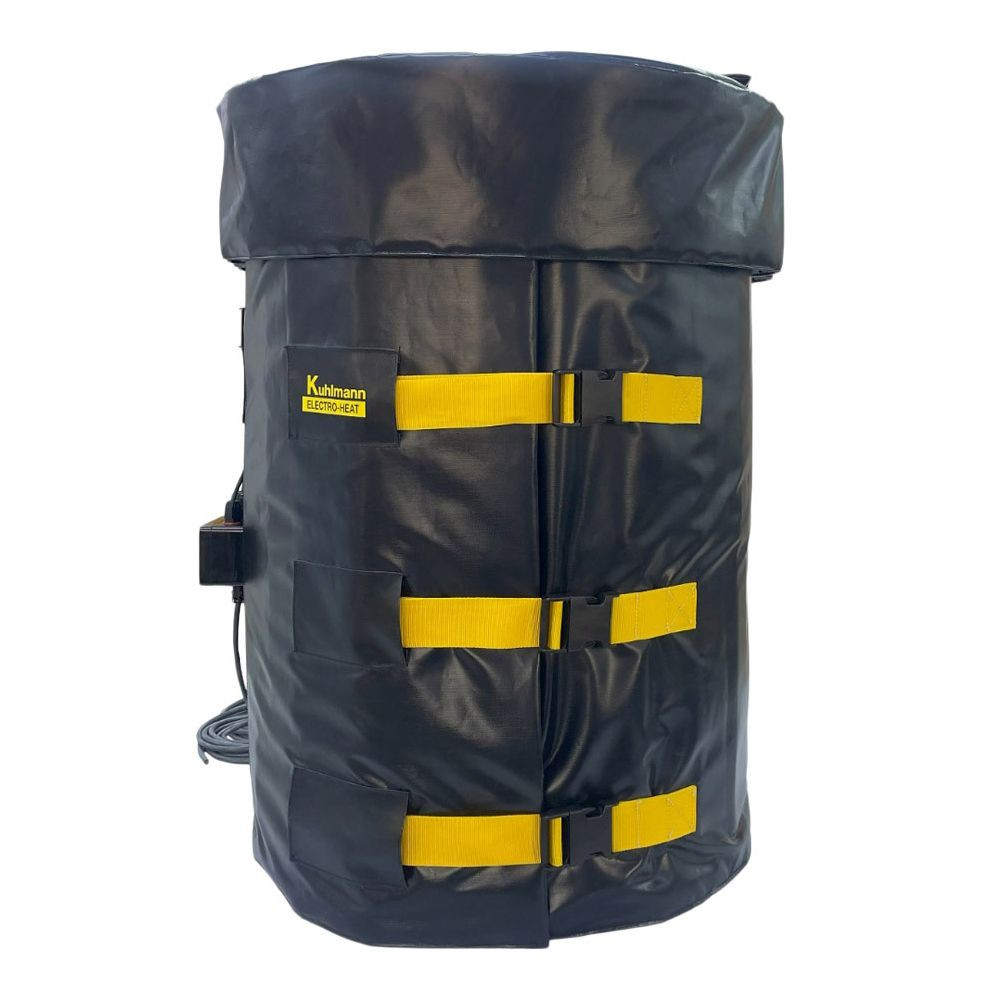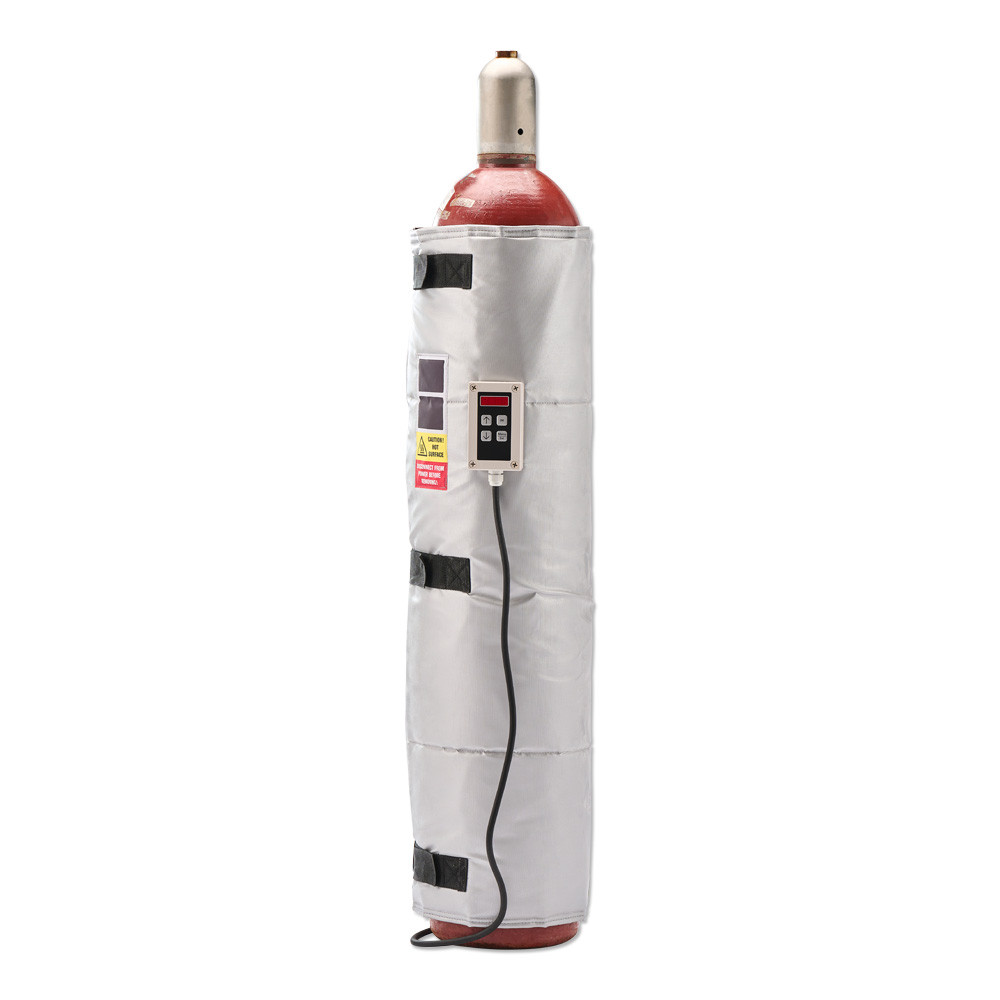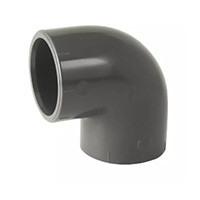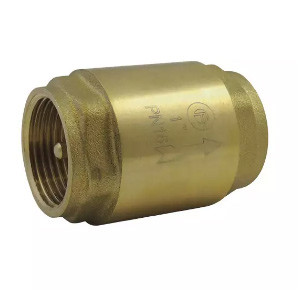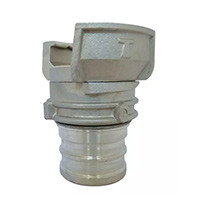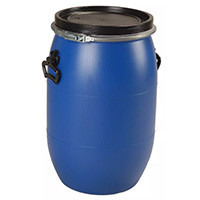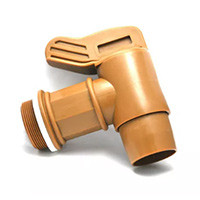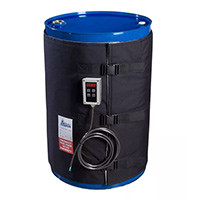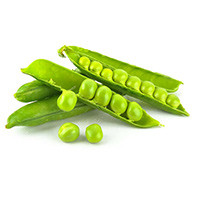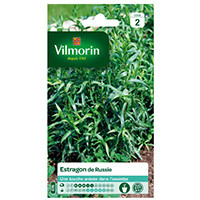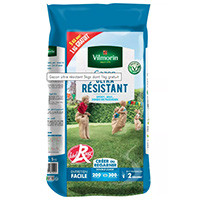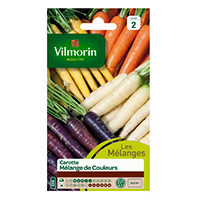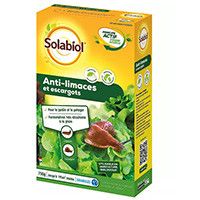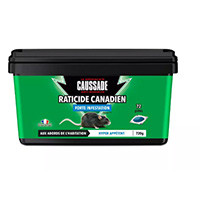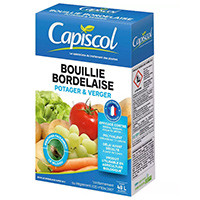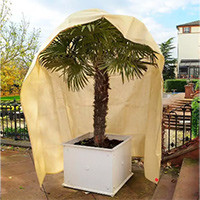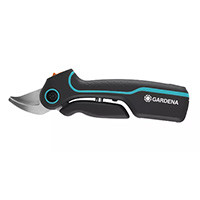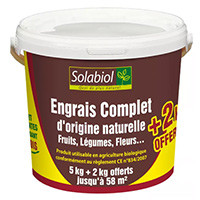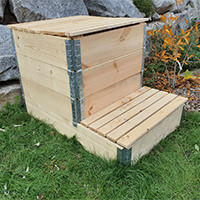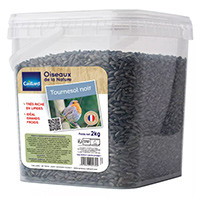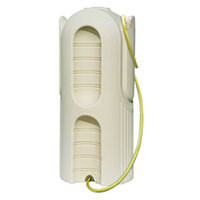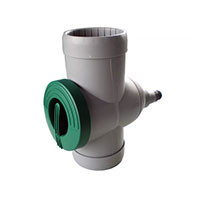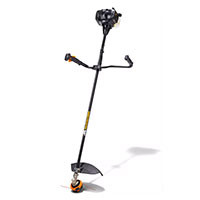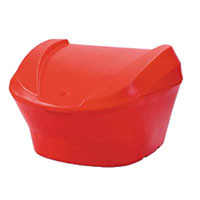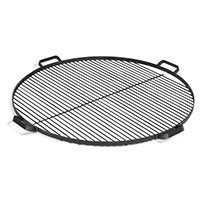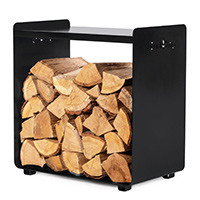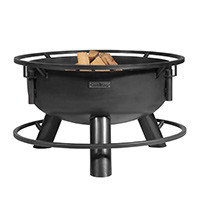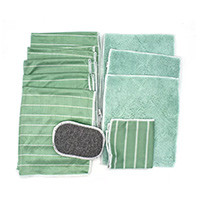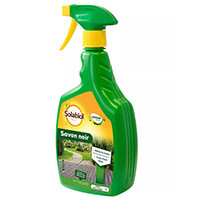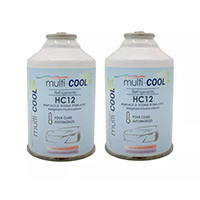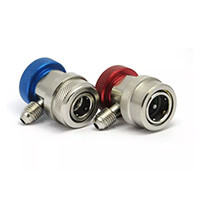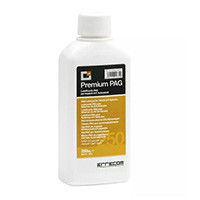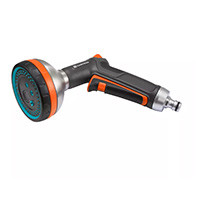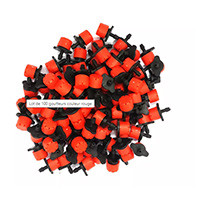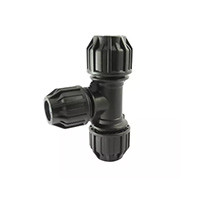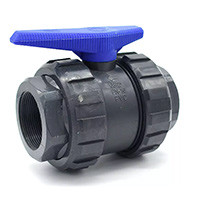
How to choose the right fertilizer?
How to choose the right fertilizer ?
Between mineral, chemical or organic fertilizer, the choice seems a little difficult. It is certain that fertilizers are essential to properly feed your plants and bring color to your garden. On the other hand, you still need to know which fertilizer to choose according to your needs. We will therefore present and explain the different types of fertilizers and thus allow you to maintain the fertility of your plants.
Mineral or organic fertilizer ?
For the curious, you should know that fertilizers are intended to provide nutrients often not very present or lacking in plants. This ensures their fertility and guarantees them a life expectancy more decorated in colors. It can also help them when they are a little weak in tone.
These fertilizers are divided into several categories. Each has properties based on several factors. Here is the full list.
Natural fertilizers : They can be composed of a single element : nitrogen, phosphorus or potassium. In most cases, these fertilizers are composed of a mix of the elements mentioned.
Organic fertilizers: They come from 100% natural materials (vegetable or animal) and are devoid of any chemical treatment. If the source is animal, you can draw dried blood, bone powder or even crushed horn from it. As for fertilizers of plant origin, it is algae and nettle manure that you owe the recognition.
Chemical fertilizers: They are categorized into 3 sections including potassium fertilizers, phosphate fertilizers and nitrogen fertilizers. These types of fertilizers are often used for more productive, even intense and fast agriculture.
Let's take a closer look at the 3 categories of chemical fertilizers.
- Potassium fertilizers: they give a boost to the root system of plants and quickly accelerate the development of bulbs.
- Phosphate fertilizers: they create resistance to pests and diseases that attack the seeds.
- Nitrogen fertilizers : They give more color and shine to the foliage thanks to their nitrogen density.
Which fertilizer for which plant ?
In fact, there are boilerplate or strictly speaking " standard" fertilizers that are suitable for all plants. On the other hand, other herbs require more attention and need to be treated differently. As you already know, the use of fertilizers varies according to the stages of growth of the plant (Juvenile, flowering, seedling).
As for the first phase, your plant will need a good dose of nitrate for more controlled foliage growth and stem development, as well as calcium to fortify the cell walls of young roots.
During the mid-season, a good gardener will make sure to control the vegetative growth of his plants, in order to prepare them for the final phase of flowering. By the way, when the time comes, you need to tone the plant with nitrogen and potassium.
This is the time to see the list of fertilizers specifically related to the needs of several types of plants :
Kitchen garden: For excellent vegetable production, you need to opt for potassium-rich fertilizers and granule-shaped fertilizers (slow diffusion) to hang from the beginning of spring. This type of fertilizer will also guarantee you an anti-disease shield.
Roses and flowering shrubs: If you have weigelas, wisteria or lilac, a good dose of potassium-rich fertilizer (long lasting) will do wonders for your flowers. Since these are heather earth bushes, you need to opt for special fertilizers.
Planters: For planters, choose fertilizers rich in phosphorus and potassium, because their substrate quickly collapses. On the other hand, if you have plants with decorative foliage such as coleus, favor nitrogen fertilizers.
Lawn
To have a nice green grass, specialists systematically opt for nitrogen-rich fertilizers to promote foliage. Fertilizers in the form of granules are often advised.
Solid or liquid fertilizers?
If you are looking to boost the growth of your plants, you can choose a fertilizer in liquid form. It is therefore a diluted concentrated solution that is used for watering. On the other hand, it is necessary to consider the regular intakes during culture since the liquid does not remain very long in the substrate. Make sure to water the plants in completely moist soil and add the liquid fertilizer of your choice 1-2 times a week.
To conclude
Specialists advise to opt for solid fertilizers. Why ? Solid granular fertilizer or even in the form of rods is more effective thanks to the minerals it releases gradually. You can soak them in the ground or deposit them on the substrate during the cultivation phase.
Share this content





